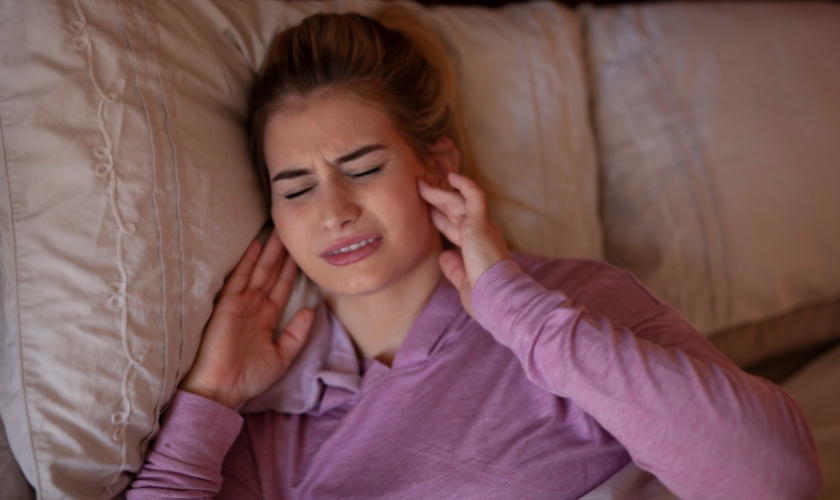
If you frequently grind your teeth, you may have bruxism, as defined by the dental community. You may find this automatic behavior to be highly irritating, and it could even be contributing to migraines, chipped teeth, gum sensitivity, tooth enamel erosion, and jaw pain. If you’ve used traditional methods to stop this behavior and were unsatisfied with the outcome, you might be shocked to hear that Botox, short for botulinum toxin, works well to treat teeth grinding.
What is BOTOX?
BOTOX belongs to the class of drugs known as neuromodulators, which function by modifying synaptic communication through various mechanisms. These mechanisms can be broadly categorized into direct effects targeting synapses and indirect effects that modify synaptic interactions by altering neuron excitability. In simpler terms, neuromodulators either block nerve impulses or modify their transmission.
Specifically, BOTOX works by preventing or reducing nerve impulses responsible for muscle contractions, achieved through the inhibition of the chemical called acetylcholine. In facial applications, many lines or wrinkles result from the contraction of underlying muscles. By reducing or eliminating this muscle contraction, the overlying skin can relax, thereby diminishing or eliminating the appearance of lines.
Similarly, in larger muscles, BOTOX can modify the muscle’s ability to contract forcefully. Without acetylcholine, the muscle undergoes atrophy. The restoration of old nerve terminal activity typically takes 3 to 4 months. However, before delving further into the details, let’s take a moment to explore the history of BOTOX.
Really? Botulinum Toxin for Jaw Clenching?
Botulinum toxin effectively treats wrinkles and enhances lip volume. However, recent research published in Neurology and Pain Research and Management suggests that botulinum toxin’s muscle-relaxing effects may prevent teeth grinding and jaw clenching, at least temporarily.
The Saudi Pharmaceutical Journal published a study asserting that, beyond bruxism, botulinum toxin could prove beneficial in addressing various non-cosmetic disorders. Due to its ability to temporarily paralyze muscles, botulinum toxin can be applied in treating other head and face-related conditions, such as facial dystonia, requiring relaxation of specific muscles.
How Does Botulinum Toxin for Bruxism Work?
A tiny quantity of botulinum toxin will be injected into the masseter muscle, which is in charge of chewing, if you are receiving treatment for bruxism with this toxin. Depending on your particular requirements, it can also be injected into the frontalis and temporalis muscles. Not only will the botulinum toxin ease the clenching, but it will also relieve any associated tension and headache pain. The effects of botulinum toxin might linger for three to six months, starting to manifest one to three days after injection (though this can take up to two weeks).
Are There Any Side Effects of Using Botulinum Toxin for Bruxism?
According to Dr. Manju Kejriwal, your esteemed cosmetic dentist in Cincinnati, OH, botulinum toxin is considered relatively safe when administered by an experienced doctor. Nonetheless, there are a few potential short-term side effects to be aware of:
- Bruises, pain, or swelling where the injection was made
- Headache or symptoms similar to flu
- Eyelid drooping or cocked eyebrows
- Slack smile or saliva
- Dry eyes or too many tears in them
Botulinum toxin has the extremely unusual potential to penetrate your body. Call your doctor as soon as possible if you have any of the following side effects, hours or weeks after your injection:
- Weakened muscles
- Issues with vision
- Difficulty swallowing or speaking
- Breathing issues
- Loss of control over one’s bladder
Before opting for botulinum toxin as a treatment for bruxism, it is recommended that you thoroughly discuss and consider all available treatment options with your cosmetic dentist in Cincinnati, OH, or an oral and maxillofacial specialist—an expert dental surgeon specializing in the teeth, jaws, neck, and head.
What Other Treatments Should I Try Before Botulinum Toxin for Teeth Grinding?
Typically, dental professionals or doctors do not initially recommend botulinum toxin for bruxism treatment. A common suggestion for those who grind their teeth during sleep is a nighttime mouthguard, which aims to reduce tooth damage and alleviate soreness due to muscle tension. Managing nighttime bruxism can also be contributed to by incorporating muscle relaxation exercises and consciously improving sleep habits, such as avoiding bedtime caffeine and maintaining a consistent sleep schedule.
For those who grind their teeth during the day, biofeedback presents itself as a beneficial option. As outlined by Dr. Manju Kejriwal, biofeedback employs sensors to track the electrical activity accountable for muscle contraction. By developing a heightened awareness of patterns associated with teeth clenching, individuals can improve their capacity to manage tension in the jaw.
How Can I Maintain Enamel on My Teeth?
For individuals grappling with teeth grinding, prioritizing daily oral hygiene and incorporating products that fortify enamel becomes paramount. Adopt gentle brushing techniques using a soft-bristled brush, and integrate the use of enamel-strengthening toothpaste into your routine.
Understanding that bruxism, marked by its associated pain and dental damage, is an involuntary behavioral habit, can be inherently stressful. Nonetheless, there are diverse treatments available to address the condition, and Botox might become a more widely recommended option in the future. The management of jaw tension can be aided by ensuring adequate rest, adhering to a healthy diet, and practicing diligent oral hygiene. However, if the issue persists or has endured, it is imperative to initiate a discussion with Dr. Manju Kejriwal, your dentist in Cincinnati, OH, to explore the most suitable bruxism treatments tailored to your situation.
For any dental health concerns, consider visiting the nearest dental office in Cincinnati, OH. Additionally, keep in mind that Dr. Manju Kejriwal is readily available to assist you in the event of a dental emergency. Don’t forget to schedule an appointment for personalized care.


